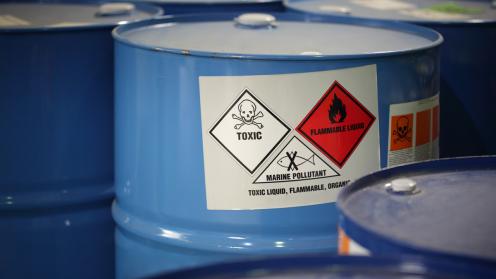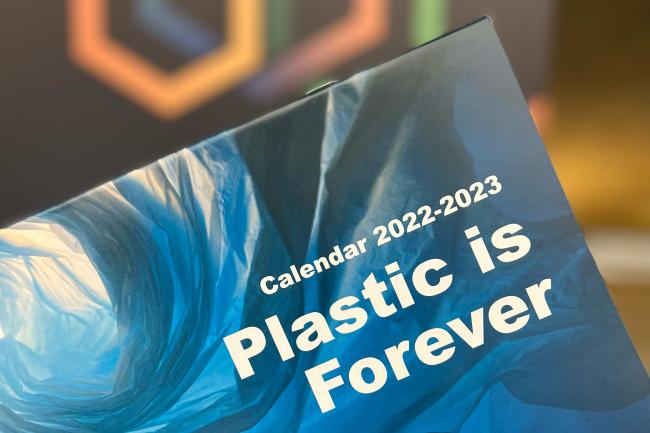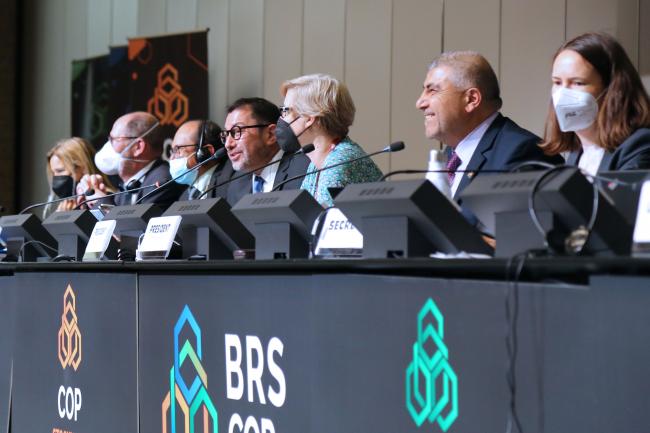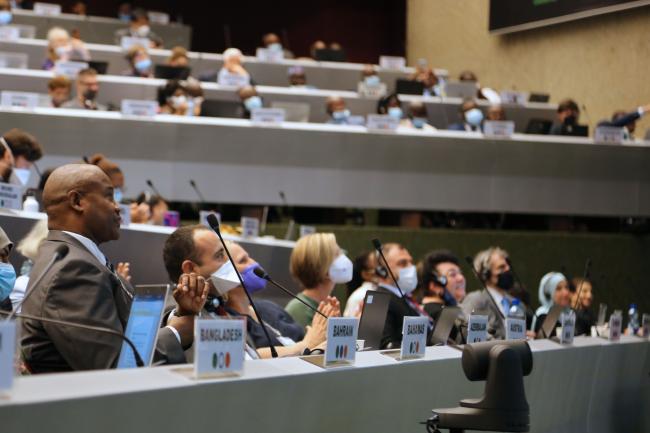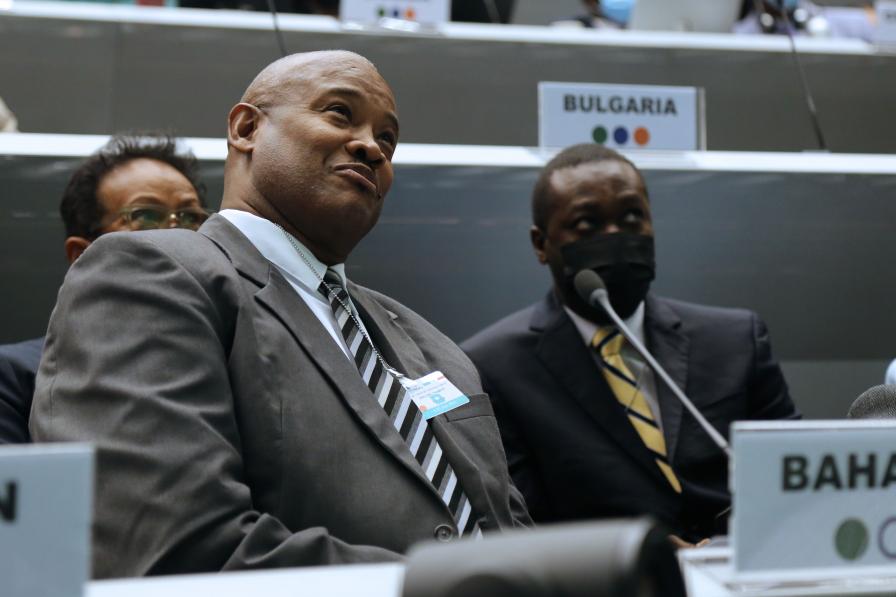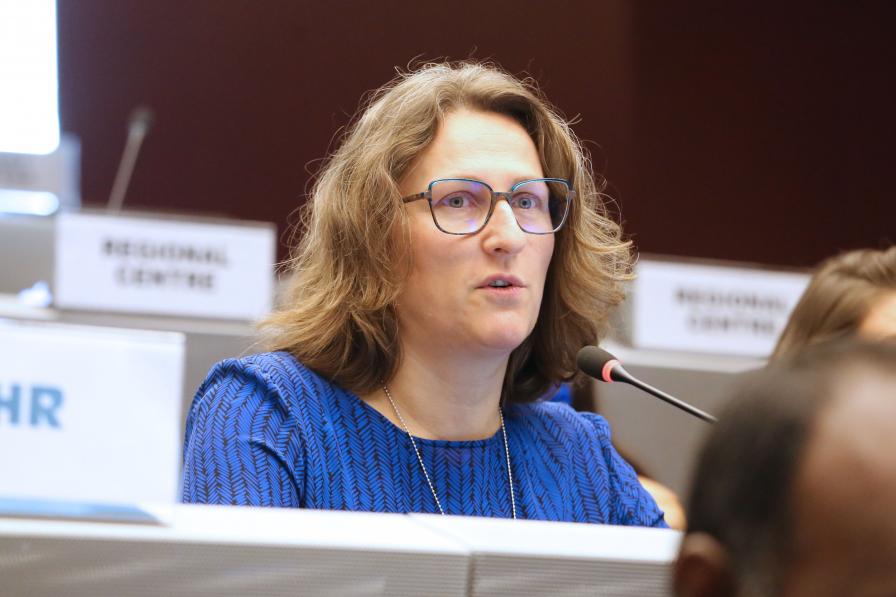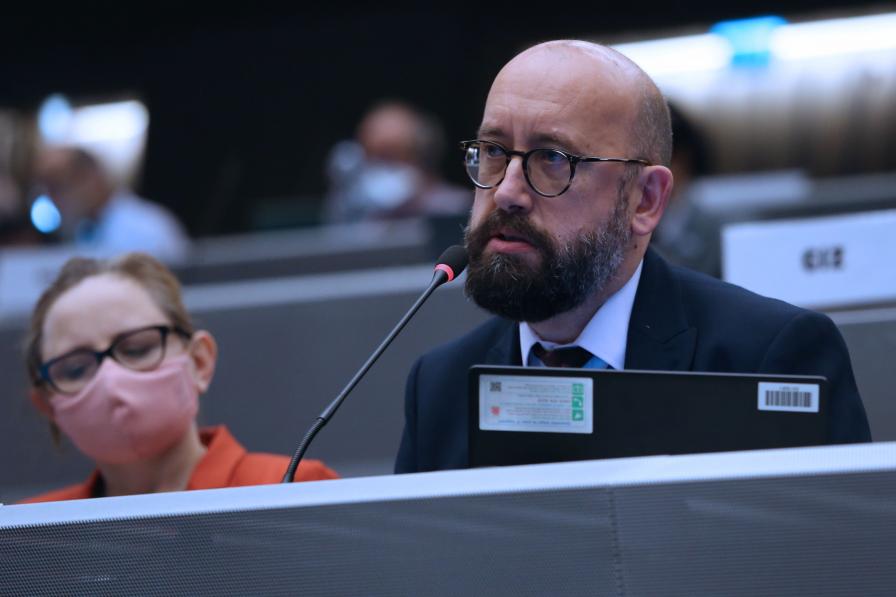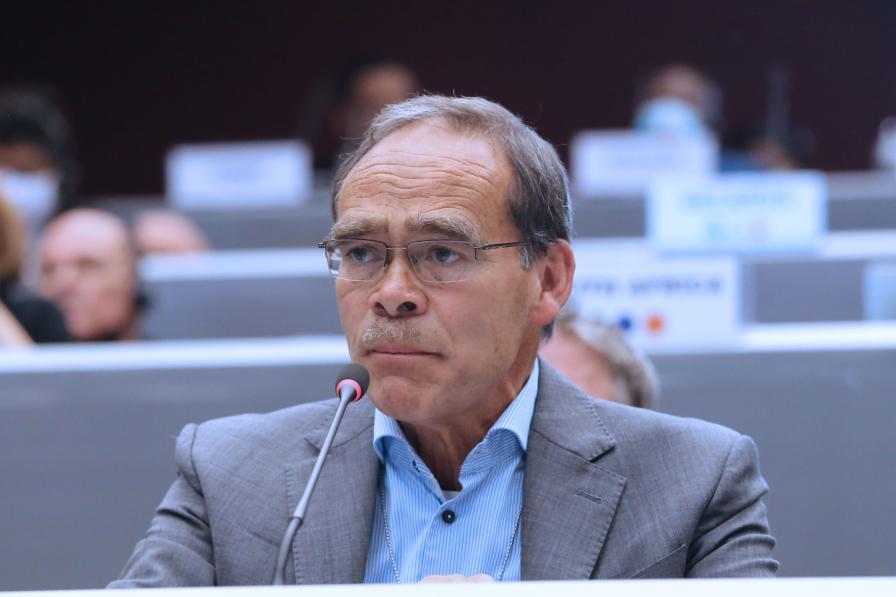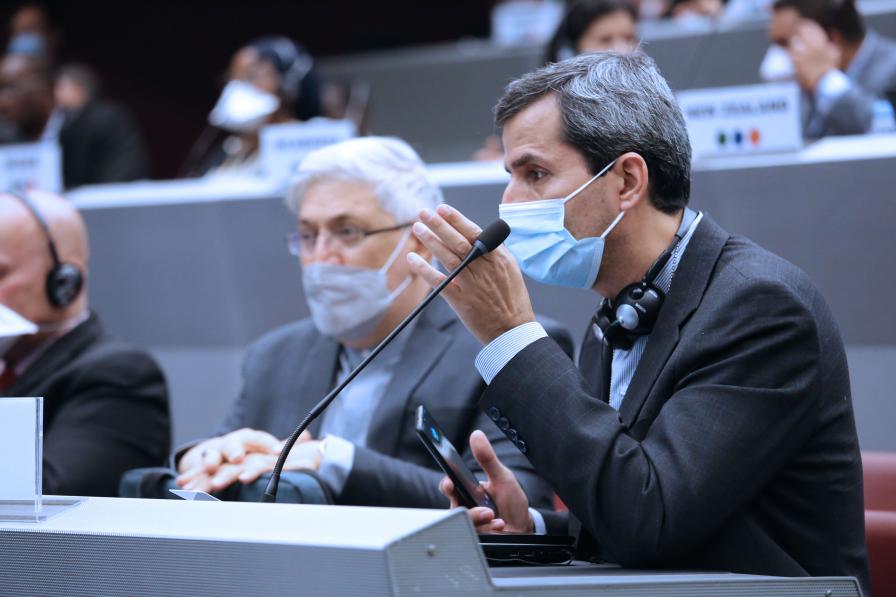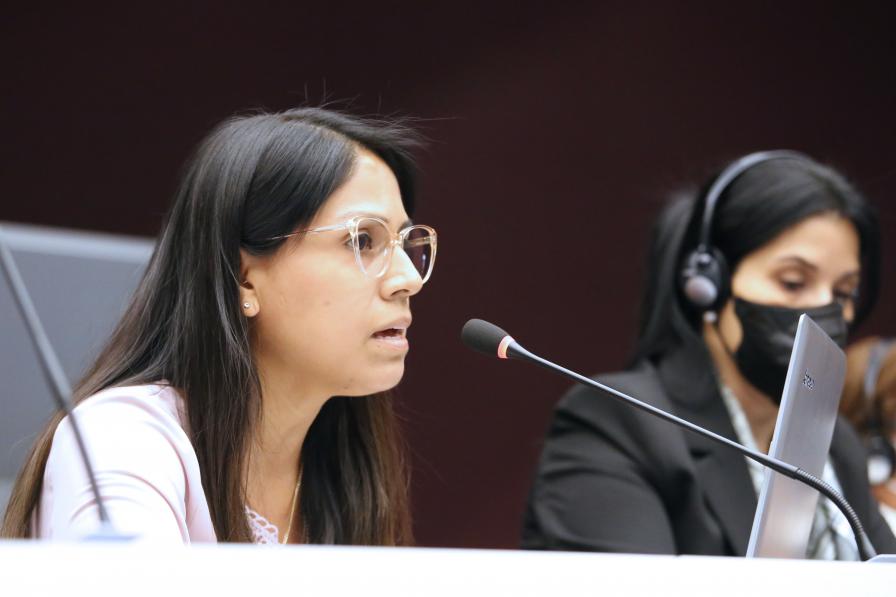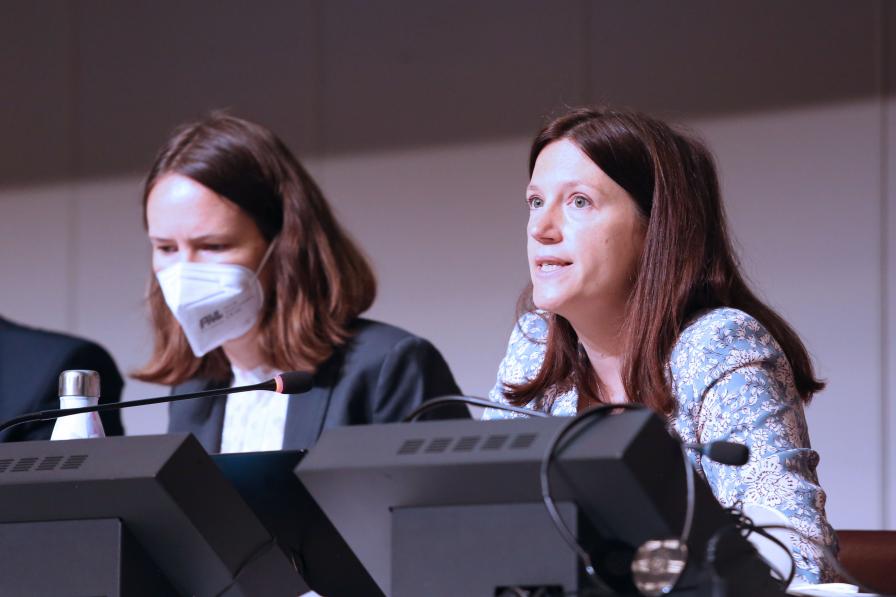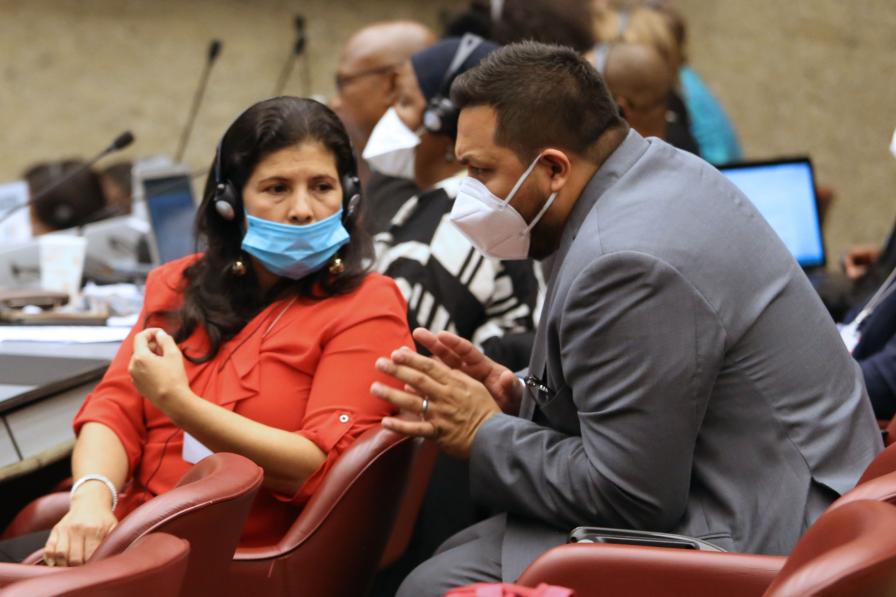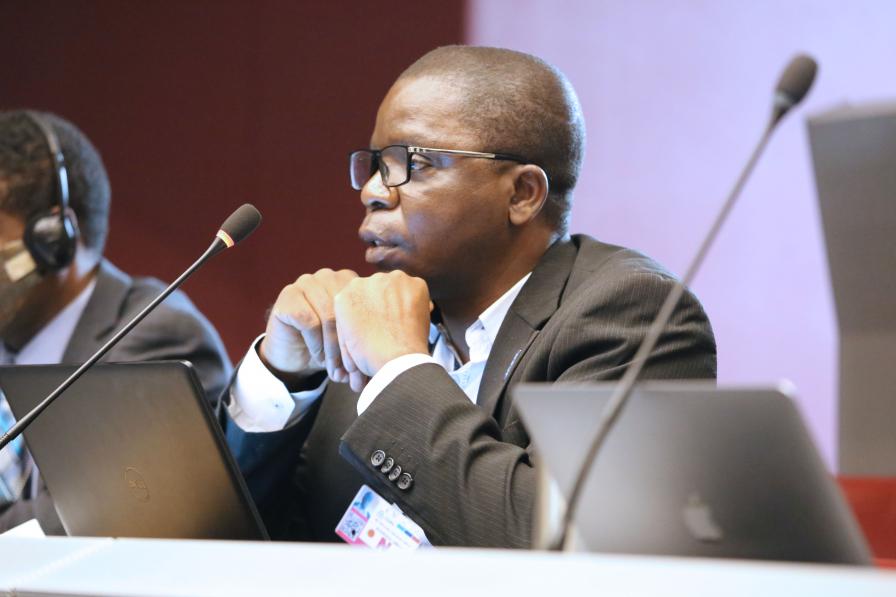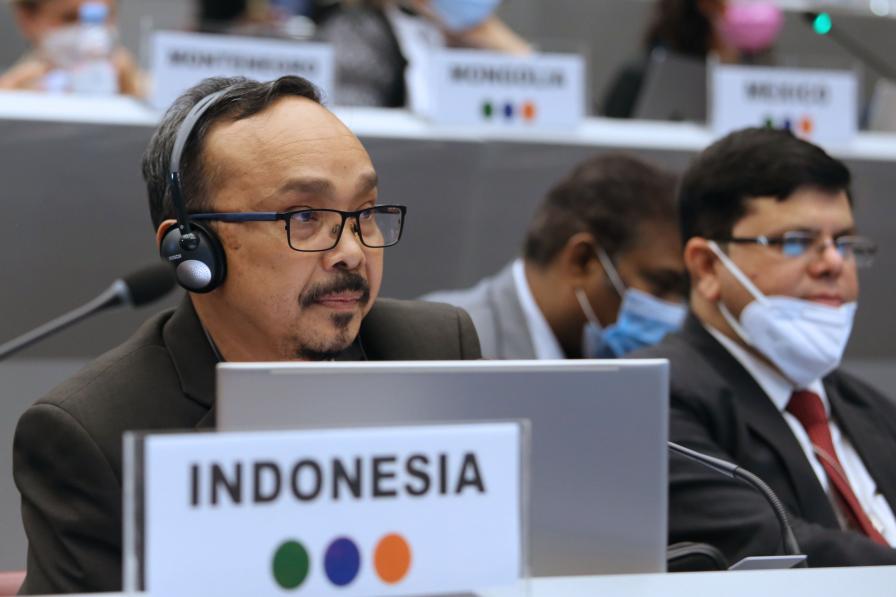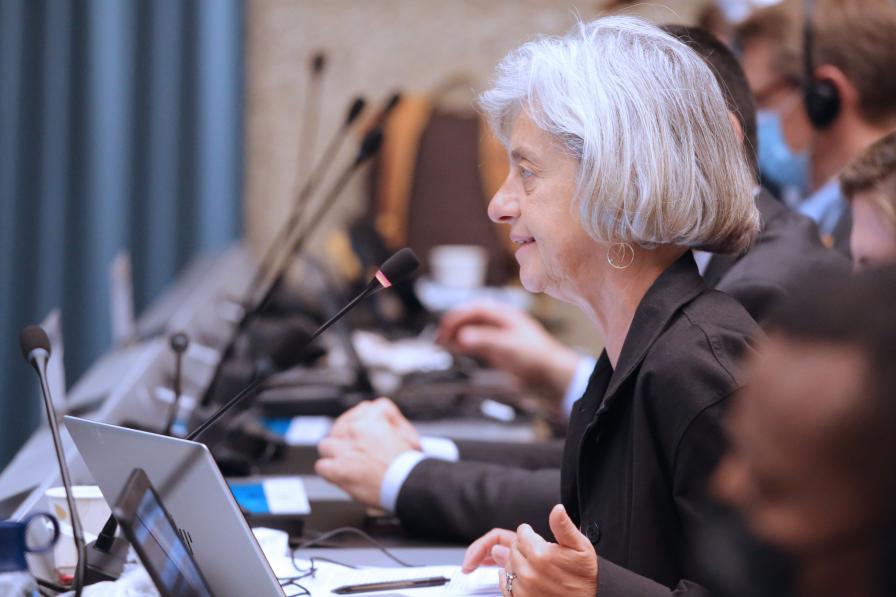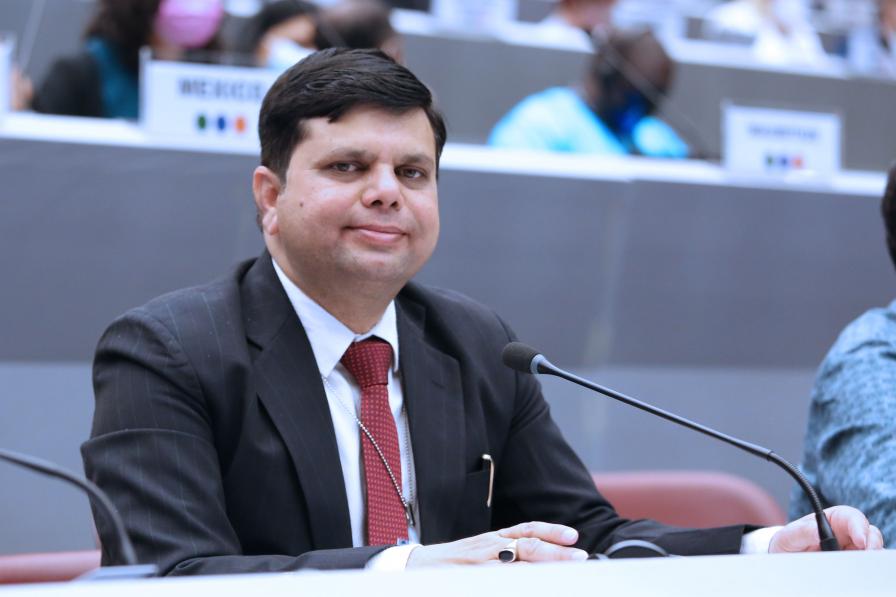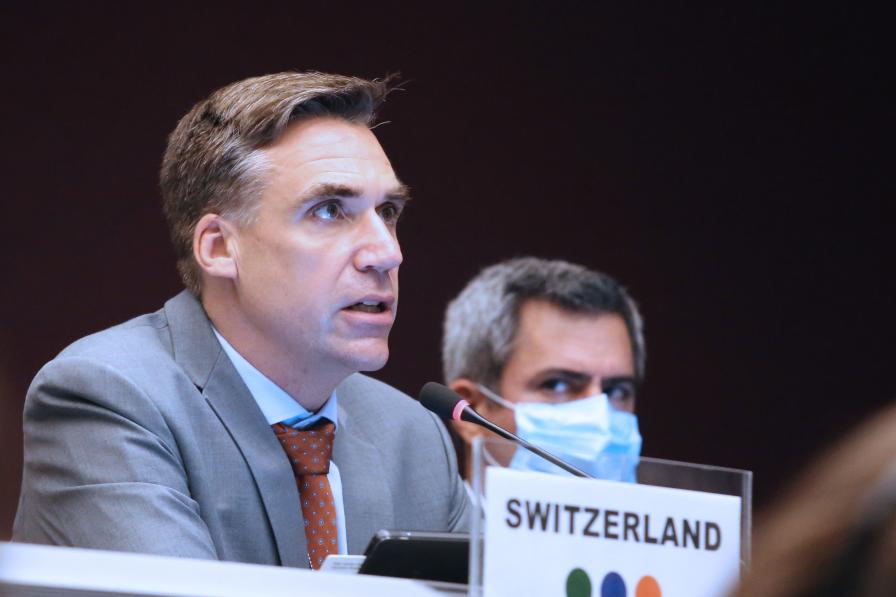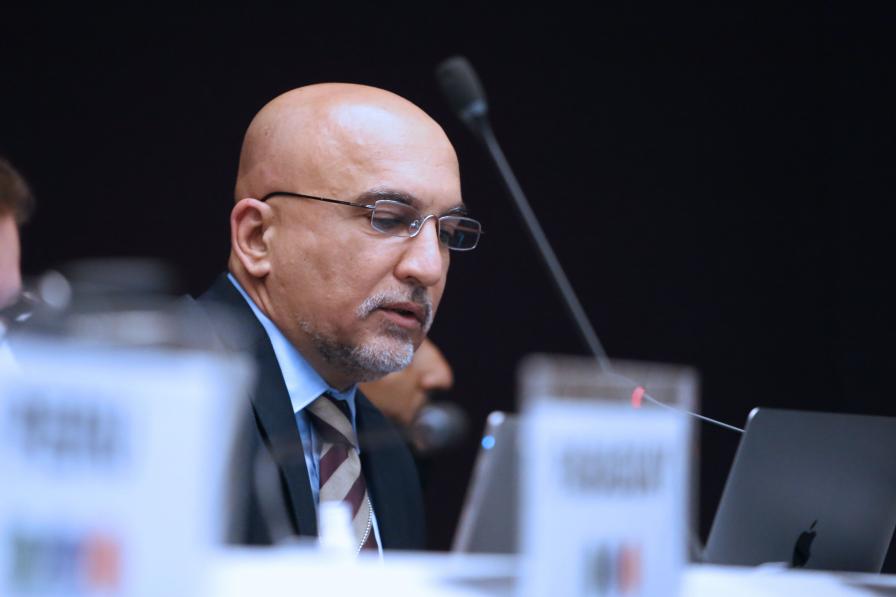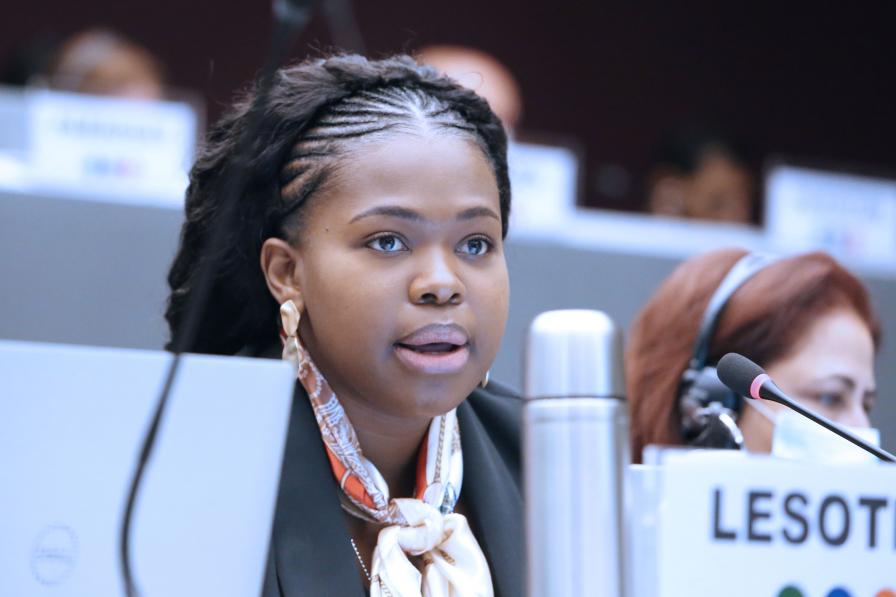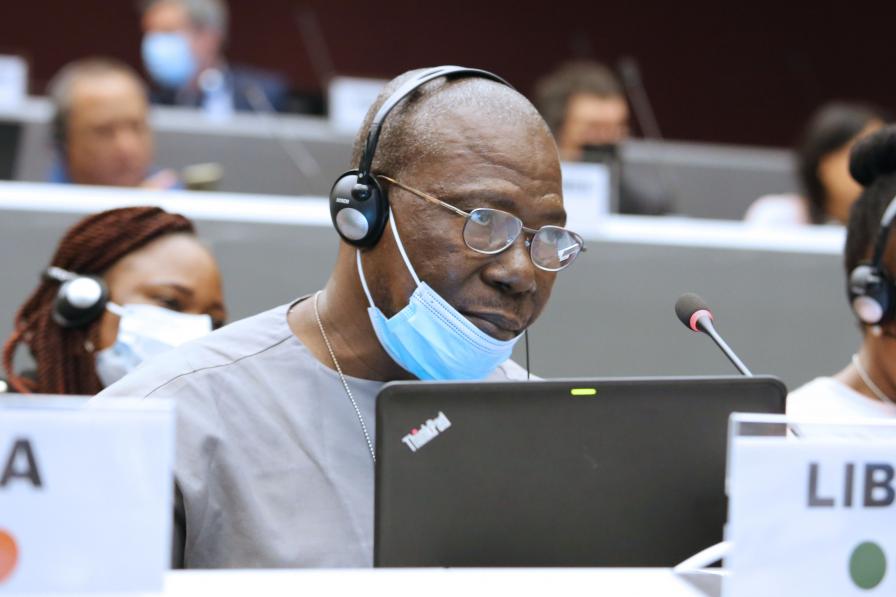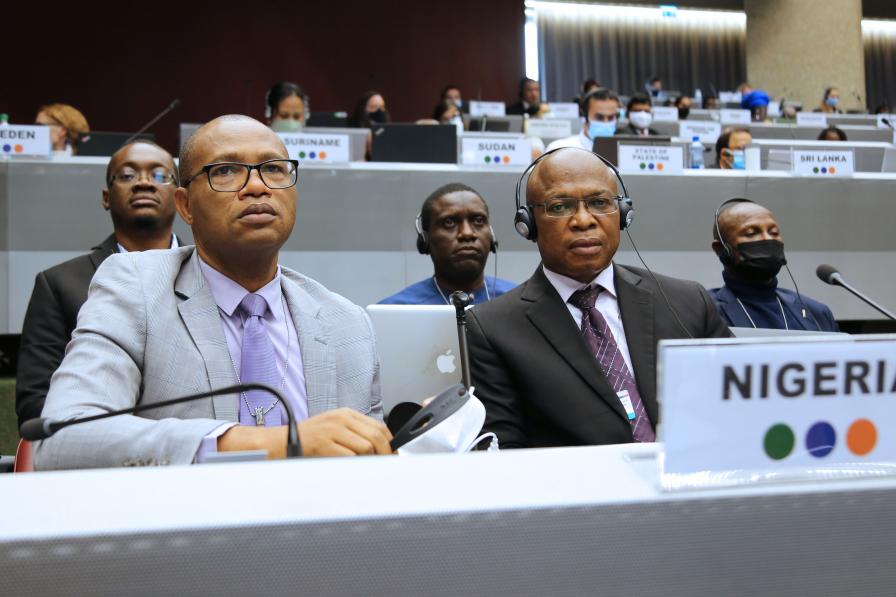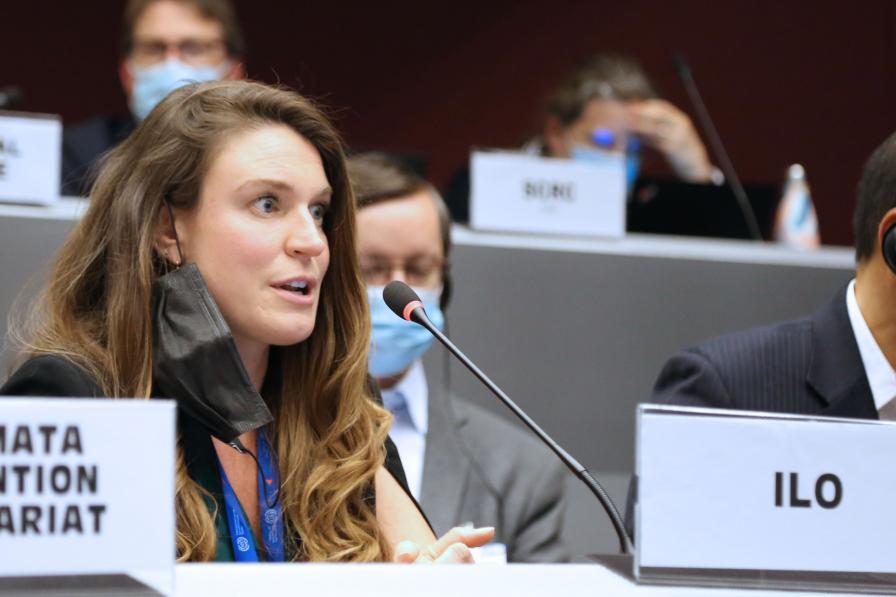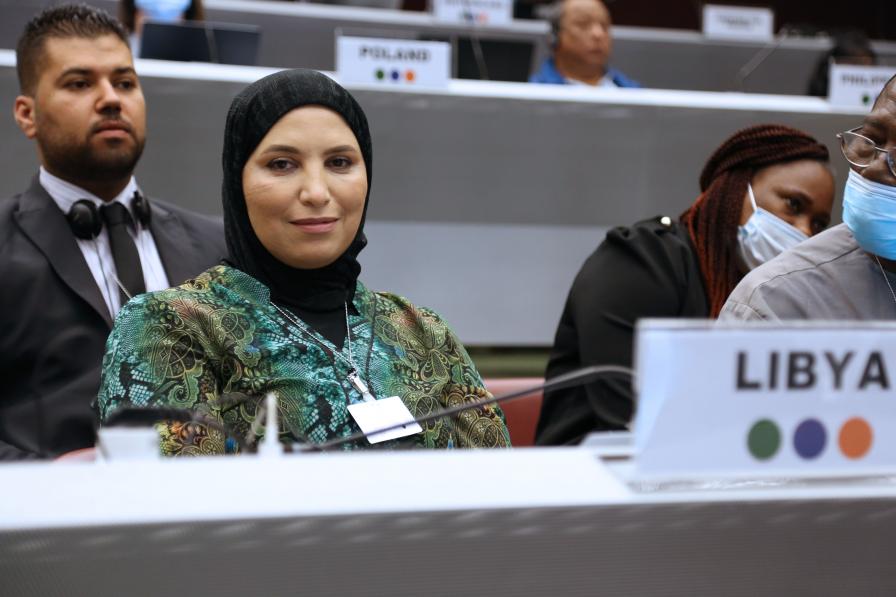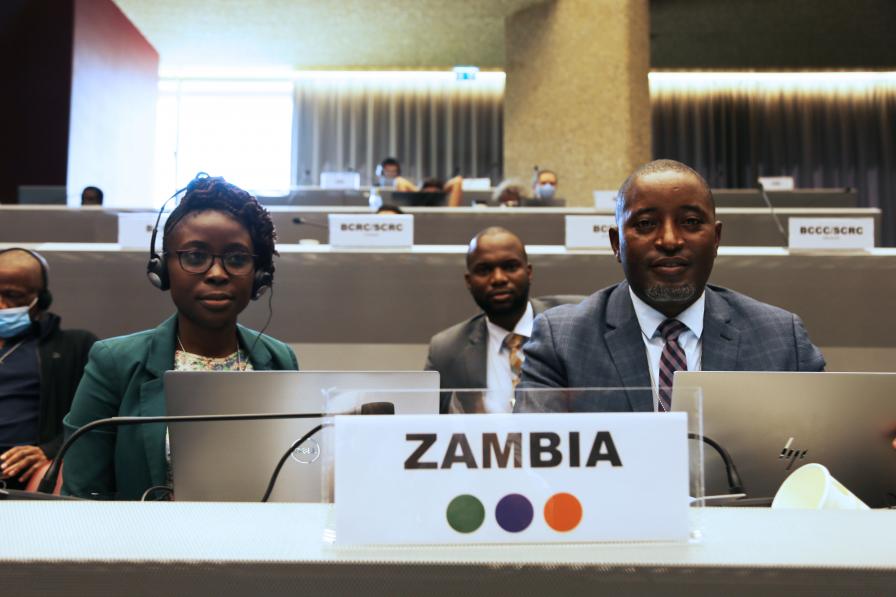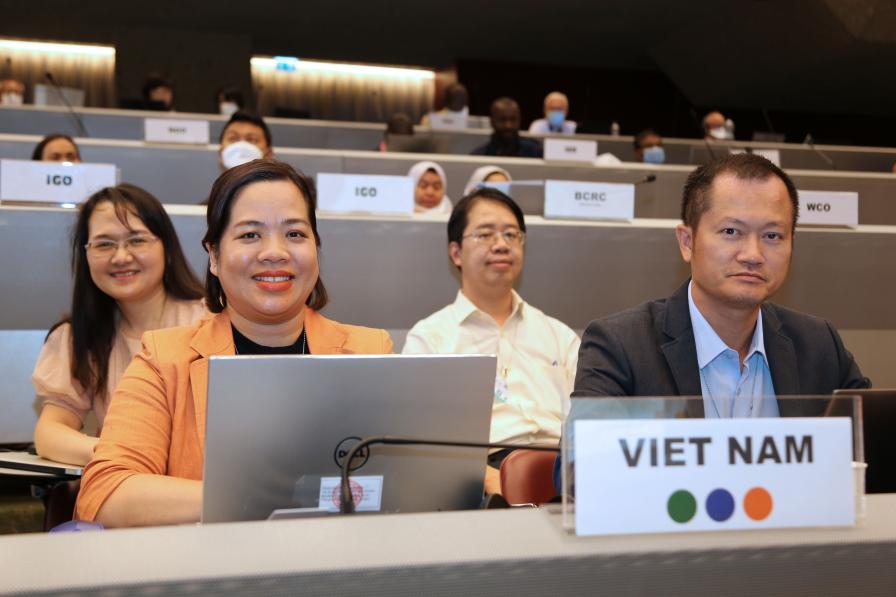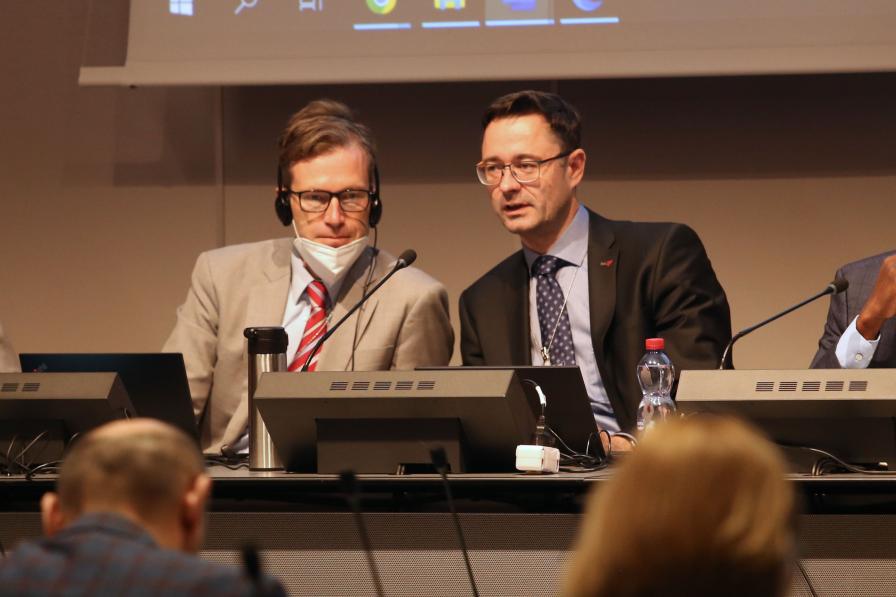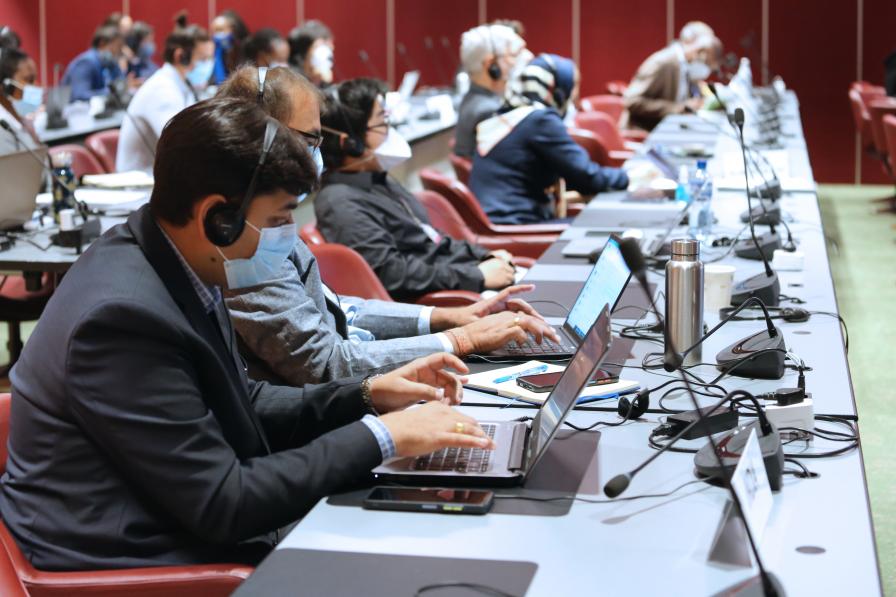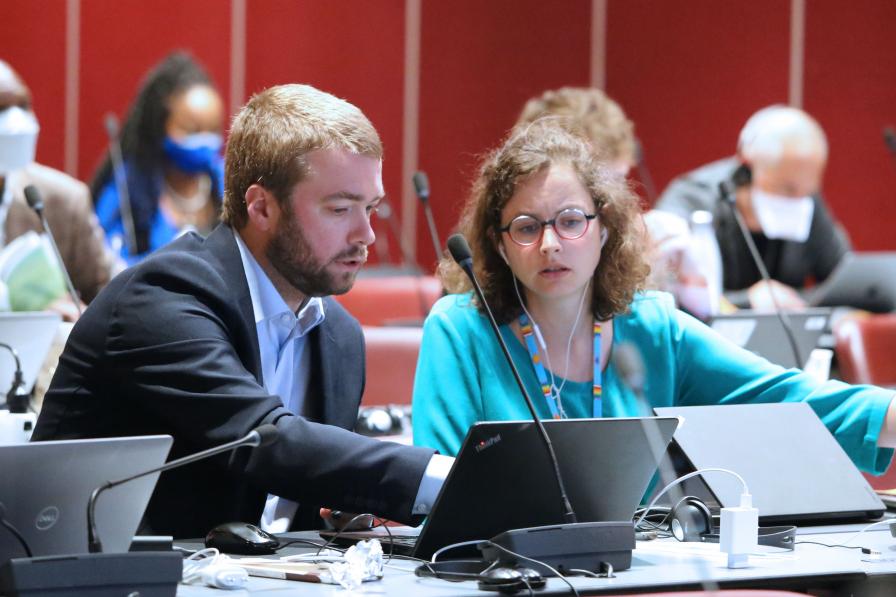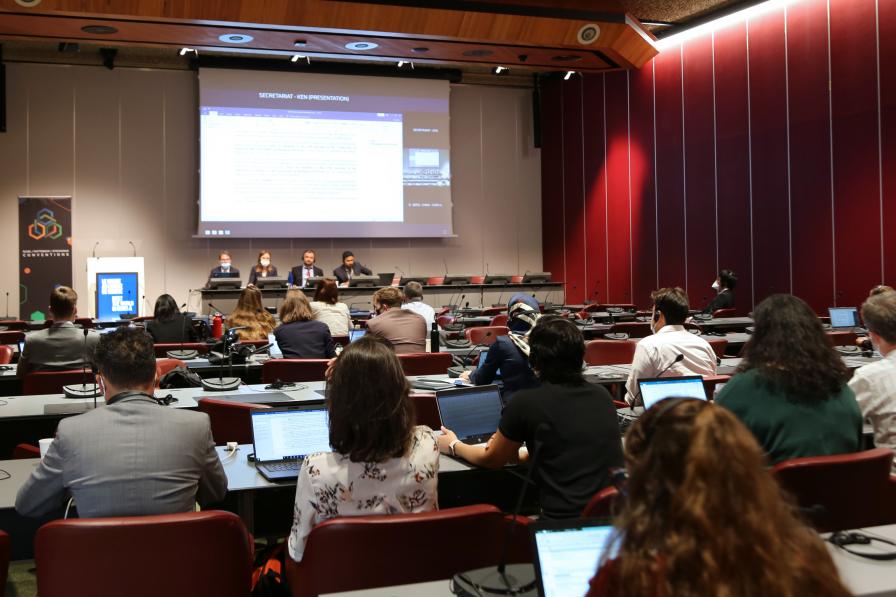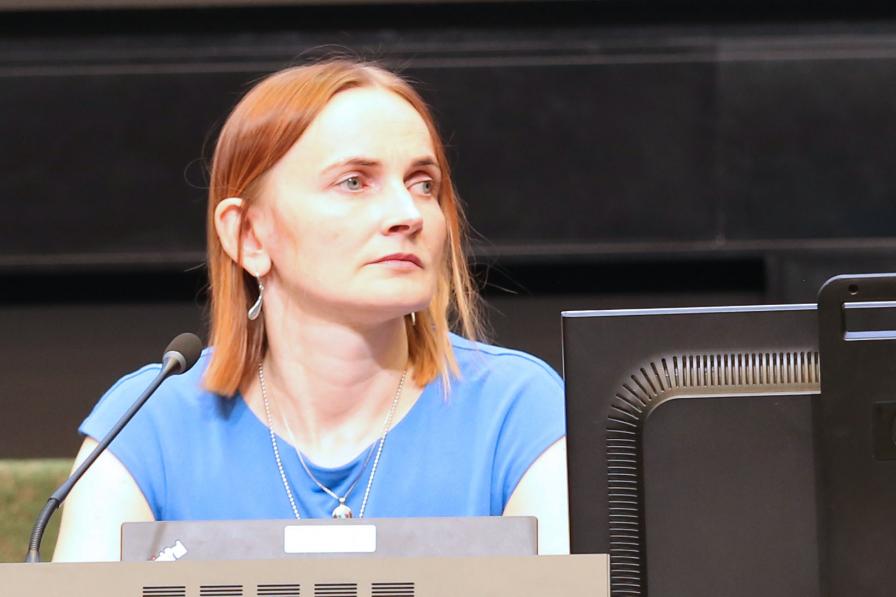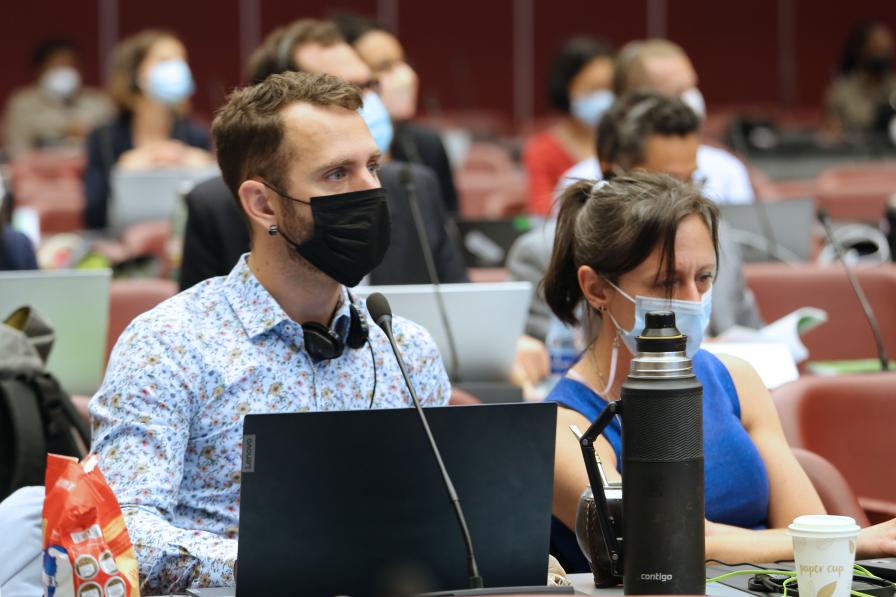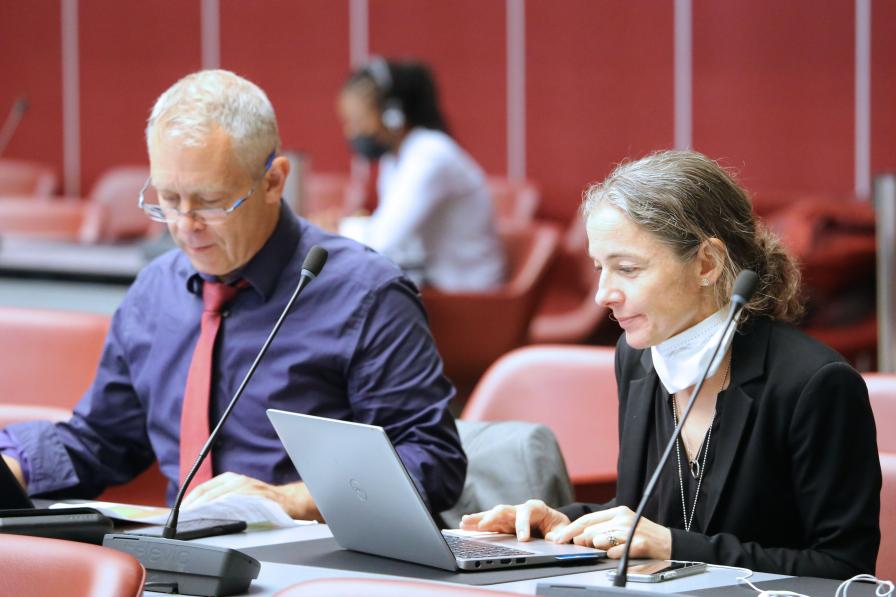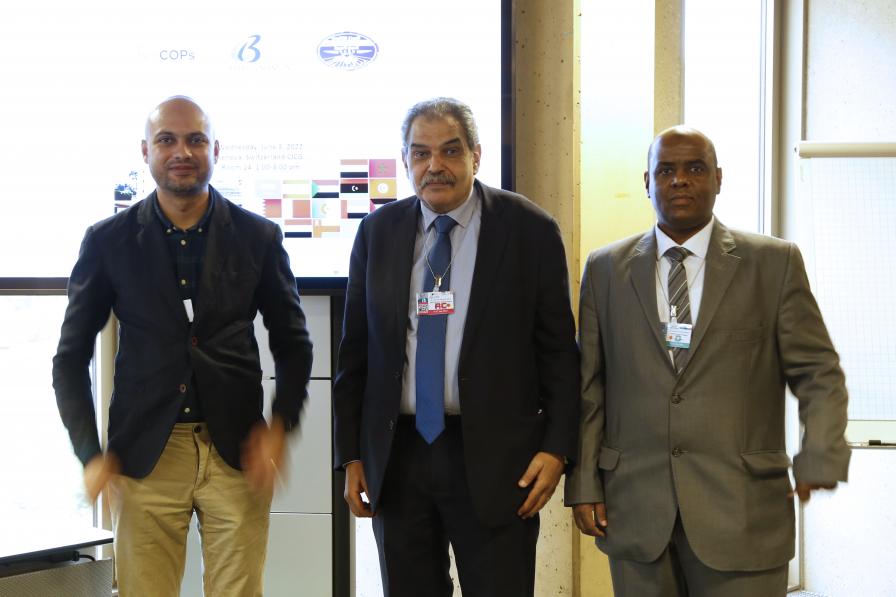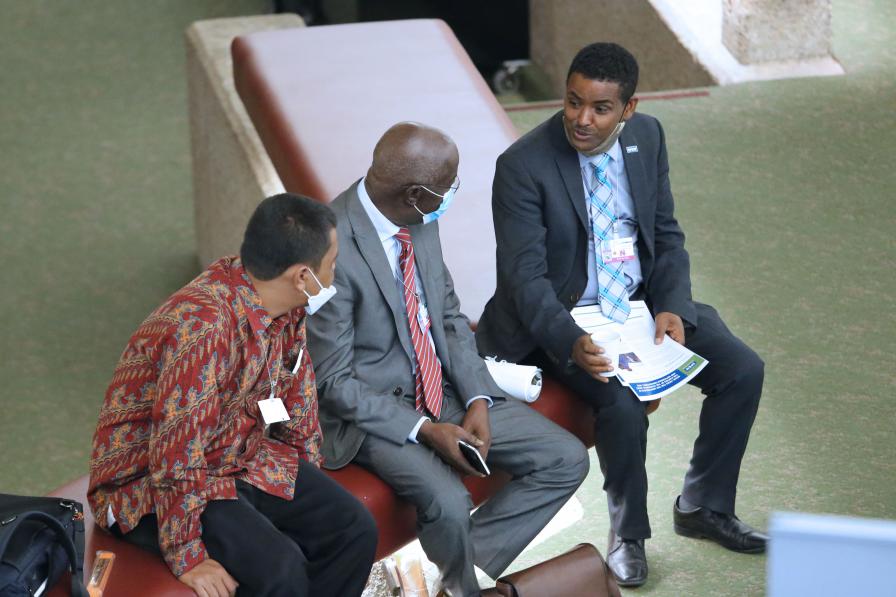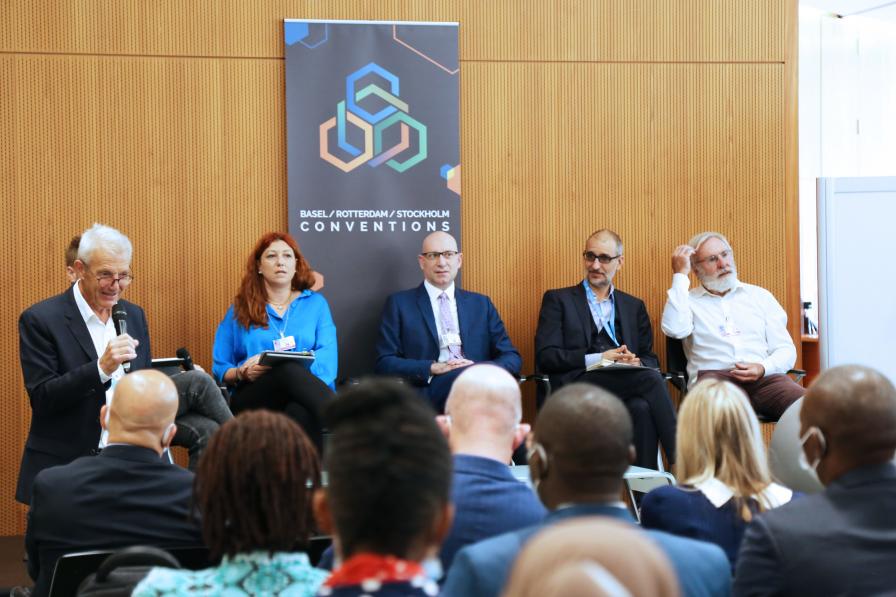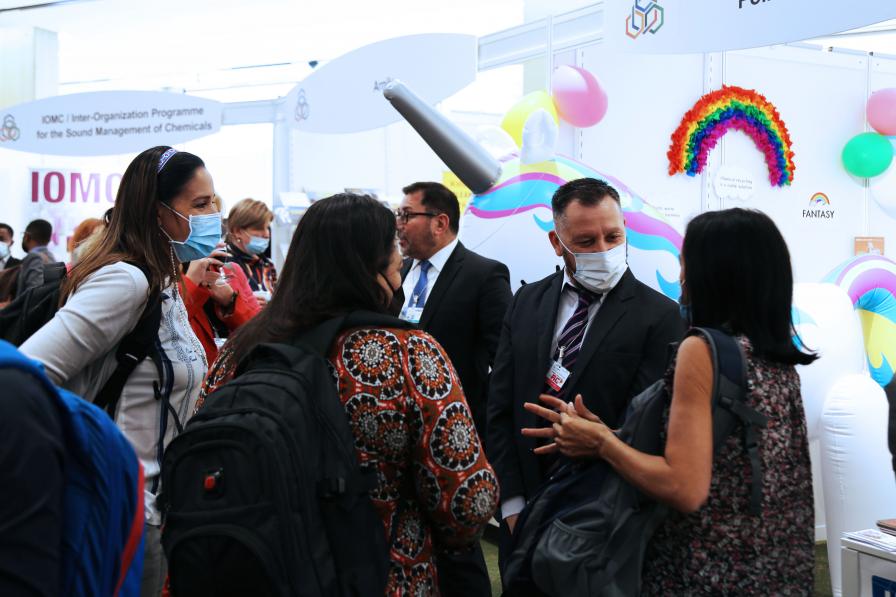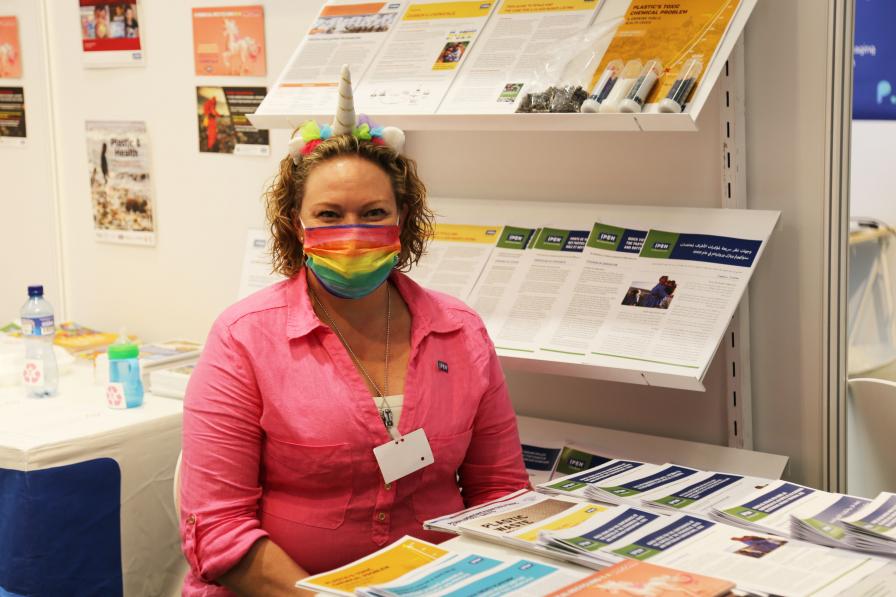Protecting the ocean means reducing and safely managing chemicals and wastes. On World Ocean Day, the Basel, Rotterdam, and Stockholm (BRS) Conventions TripleCOP put the spotlight on plastics. They are the most visible form of waste, made famous through documentaries featuring images of people and animals living among plastic litter.
To dive deeper into today's talks, please read the full Earth Negotiations Bulletin daily report.
The Plastics Forum launched a series of events to spotlight the many ways in which plastic harms people’s health and livelihoods, while also damaging wildlife and ecosystems. One event sought to “myth bust” while another outlined how plastics cause damage to the long-term viability of soils, pollute our waters, and harm animal and human health. Other events explored the foundations and future of the BRS Plastic Waste Partnership.
The future was of concern in the negotiations as well. With new negotiations looming or underway for new bodies, one for a new treaty on plastic pollution and another for a science-policy panel on chemicals and waste, countries considered how the BRS Conventions should engage. They also discussed how to tackle illegal trafficking of chemicals and waste, with many developing countries sharing how they are bearing the brunt of the problems caused by illegal shipments.
The Stockholm Convention (SC) considered how to tighten the implementation of the Convention. This included adopting a decision on exemptions that allows countries to register their intent to keep using some persistent organic pollutants (POPs) for a limited time. Countries also discussed their national implementation plans, which are updated when the Convention adds new POPs. These plans can be multifaceted for one POP, let alone all newer POPs that are used in many products. Several developing countries highlighted the need for assistance in this task. Meanwhile, in the rooms below plenary, their colleagues were discussing technical assistance and financial resources, especially at the regional level.
Delegates loudly applauded the offer of the Bahamas to host the next TripleCOP. Given the vulnerability of small islands to all aspects of the triple planetary crisis - climate change, biodiversity loss, and pollution - many hoped the setting would inspire ambitious action.
To receive free coverage of global environmental events delivered to your inbox, subscribe to the ENB Update newsletter.
All ENB photos are free to use with attribution. For photos please use: Photo by IISD/ENB | Angeles Estrada Vigil
